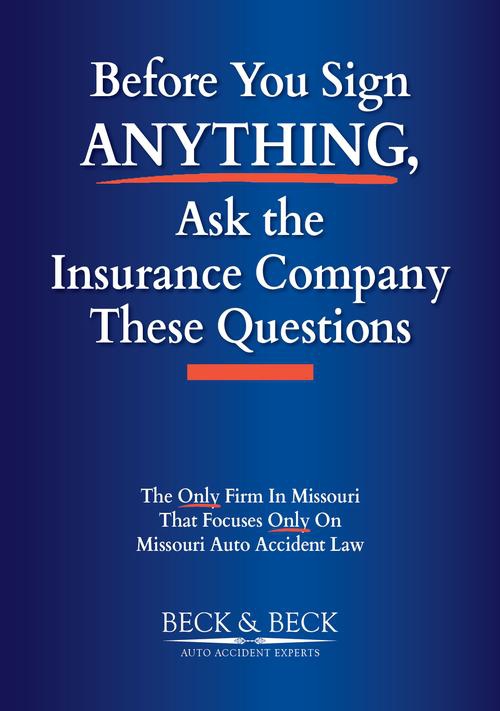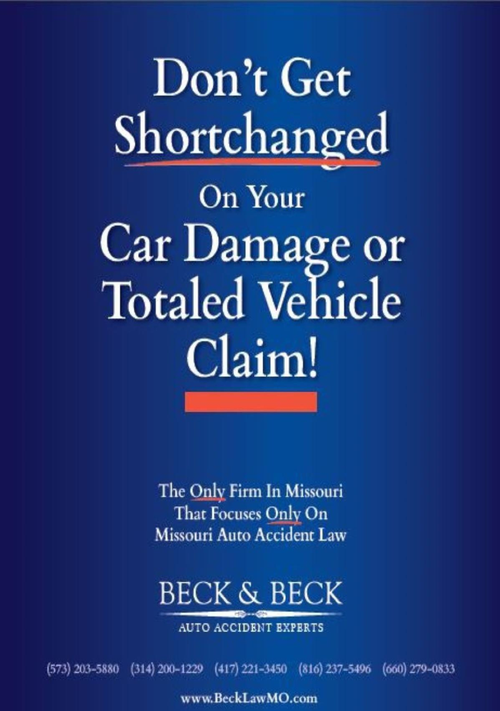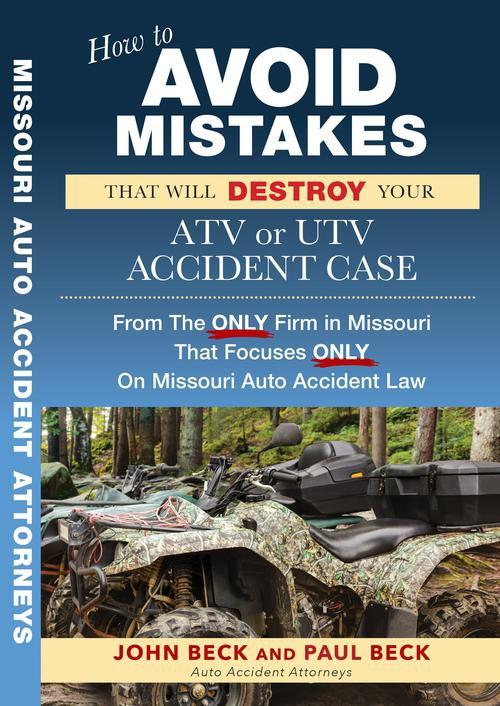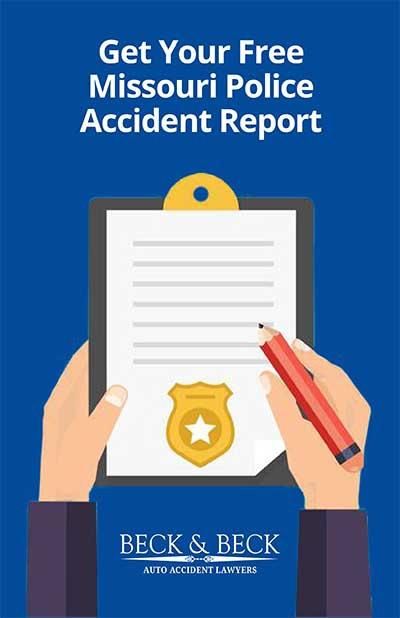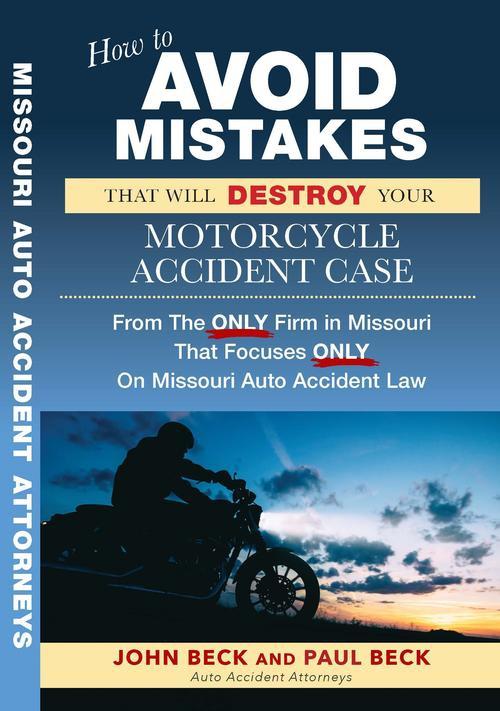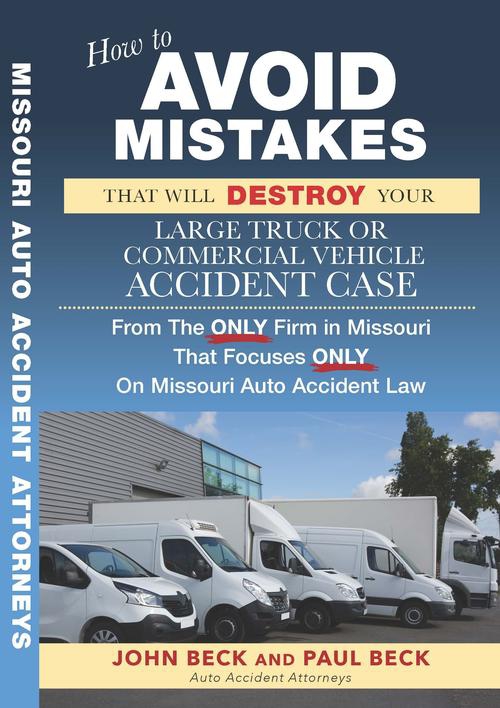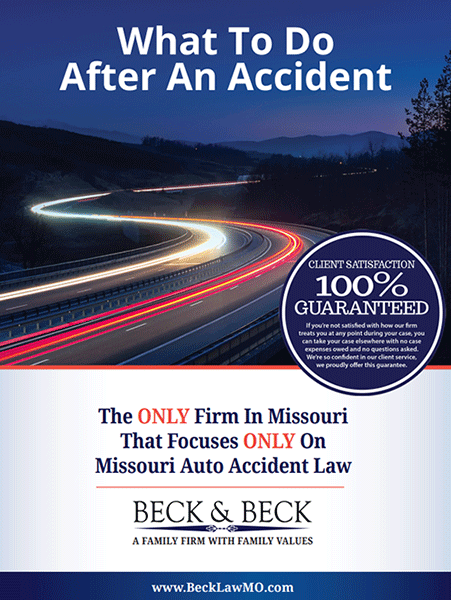Back and neck injuries frequently occur as a result of rear-end collisions in Missouri, often impacting drivers and passengers involved in these accidents. These injuries occur when the sudden impact forces your body forward while your head snaps backward and then forward again.
This whipping motion damages muscles, ligaments, discs, and other structures in your spine. Even low-speed crashes can cause serious injuries like whiplash, herniated discs, and pinched nerves that may require months of treatment and result in chronic pain..
Here’s what happens to your body during the crash:
- Initial impact: The other car slams into your vehicle from behind
- Forward thrust: Your car lurches forward, pushing your body with it
- Head delay: Your head snaps backward over the headrest
- Forward snap: Your head whips forward as your car stops moving
- Tissue damage: The violent motion tears muscles, ligaments, and other soft tissues
Your spine isn’t designed to handle this kind of sudden, extreme movement. The damage happens before you even realize you’ve been hit.
Common Back and Neck Injuries After a Rear-End Collision
Rear-end crashes cause different types of injuries depending on how hard you were hit and your body position during impact. Some injuries heal within weeks, while others can affect you for the rest of your life.
Getting the right diagnosis early is crucial for your recovery and your legal claim.
Whiplash
Whiplash is soft tissue damage in your neck from the rapid back-and-forth motion during the crash. This injury affects the muscles, tendons, and ligaments that support your head and neck.
You might experience neck stiffness, headaches, shoulder pain, and difficulty turning your head. Insurance companies often try to minimize whiplash claims, but these injuries can cause chronic pain that interferes with work and daily activities.
Herniated or Bulging Discs
Discs are the soft cushions between the bones in your spine. The impact from a rear-end crash can push the gel-like center of a disc through its outer shell, creating a herniated disc.
When the damaged disc presses on nearby nerves, you’ll feel shooting pain, numbness, or weakness in your arms or legs. Many herniated discs require surgery or long-term pain management.
Sprains and Strains
A sprain is damage to the ligaments that connect your bones together. A strain is an injury to your muscles or tendons that move your joints.
Both types of injuries are common in rear-end crashes and can cause significant pain and stiffness. Even though they might sound minor, sprains and strains can take months to heal completely.
Pinched Nerves and Radiculopathy
Radiculopathy is the medical term for a pinched nerve in your spine. Swelling from the crash or pressure from a damaged disc can squeeze the nerve roots that branch out from your spinal cord.
This creates shooting pain that travels from your neck or back into your arms or legs. You might also experience numbness, tingling, or muscle weakness in the affected areas.
Vertebral Fractures
In high-speed crashes, the force can actually break the bones in your spine. These vertebral fractures are serious injuries that require immediate medical attention.
Spinal fractures can lead to permanent disability or paralysis if they damage your spinal cord. Even minor fractures can cause chronic pain and limit your movement.
When Symptoms Appear After a Crash
You might not feel pain right away after the accident. Your body floods with adrenaline, which masks pain and keeps you alert during the emergency.
It is common for neck and back pain to develop within 24 to 48 hours after a crash. Some symptoms don’t show up for several days, which is why insurance companies often question whether your injuries are real.
Do I Need to See a Doctor After a Rear-End Collision?
Yes, you should always get medical attention after any rear-end crash, even if you feel fine at the scene. Many serious injuries don’t cause immediate pain because of adrenaline and shock.
Seeing a doctor right away creates an official record linking your injuries to the accident. Insurance companies use any delay in treatment to argue that your injuries aren’t related to the crash.
Warning Signs That Need Urgent Care
Some symptoms require immediate emergency room treatment:
- Severe neck or back pain: Intense pain that doesn’t improve with rest
- Numbness or tingling: Loss of feeling in your arms, hands, legs, or feet
- Weakness: Difficulty moving your arms or legs normally
- Loss of bladder control: Unable to control when you urinate
- Severe headaches: Persistent, intense head pain
- Vision problems: Blurred vision, double vision, or difficulty focusing
Don’t wait to see if these symptoms get better on their own. They could indicate serious spinal cord damage that needs immediate treatment.
Best Next Steps for Diagnosis and Treatment
Your doctor will likely order imaging tests to see the full extent of your injuries. X-rays show broken bones, while MRI scans reveal damage to discs, muscles, and ligaments that don’t appear on X-rays.
Common treatments include physical therapy, chiropractic care, pain medication, and sometimes surgery. Following your doctor’s treatment plan completely is essential for your recovery and strengthens your legal claim.
What To Do After a Rear-End Collision in Missouri
The steps you take right after the accident can make or break your injury claim. Insurance companies look for any reason to deny or reduce your compensation, so protecting yourself starts at the scene.
Steps To Protect Your Health and Claim
Follow these steps to protect your legal rights:
- Call 911 immediately: Report the accident and request police and medical assistance
- Document everything: Take photos of the vehicles, accident scene, and any visible injuries
- Get driver information: Exchange names, phone numbers, and insurance details with the other driver
- Don’t admit fault: Avoid saying “I’m sorry” or accepting any blame for the accident
- See a doctor within 24 hours: Get your injuries diagnosed and documented by a medical professional
- Contact our law firm: Speak with us before talking to any insurance adjusters
- Follow all treatment: Attend every medical appointment and follow your doctor’s orders completely
Skipping any of these steps can hurt your claim later, so take them seriously even if you feel fine after the crash.
Proving a Rear-End Collision Resulted in Your Back or Neck Injury Claim
Strong evidence makes the difference between a successful claim and a denied one. You need proof that shows exactly how the accident happened and connects your injuries directly to the crash.
The sooner you gather evidence, the better, because witnesses forget details and surveillance footage gets deleted.
Photos, Video, and EDR Data
Your car’s Event Data Recorder, or “black box,” stores information about your speed, braking, and steering just before the crash. This data can prove whether you or the other driver caused the accident.
Take photos of vehicle damage, the accident scene, skid marks, and any visible injuries. Dashcam footage or nearby security cameras can provide powerful evidence of exactly how the crash happened.
Medical Records and Expert Opinions
Your medical records create an official timeline of your injuries and treatment. These documents prove that your injuries are real and directly related to the accident.
Doctor’s notes, diagnostic test results, and treatment records all strengthen your claim. Expert medical testimony can explain how the crash caused your specific injuries and what treatment you’ll need going forward.
Witness Statements and Crash Reports
Independent witnesses who saw the accident can provide crucial testimony about what happened. Their statements carry more weight than yours because they have no stake in the outcome.
The police report documents the scene and often includes the officer’s opinion about who caused the crash. While not always accurate, police reports provide an official starting point for your claim.
Experienced Missouri Rear-End Car Accident Lawyers
Dealing with painful injuries while fighting an insurance company feels overwhelming. You’re trying to recover from your injuries while worrying about medical bills and lost income from missing work.
We understand what you’re going through because we’ve helped many Missouri accident victims over the years.
Why Choose Beck & Beck Missouri Car Accident Lawyers
We’re the only law firm in Missouri that focuses exclusively on auto accident cases. This specialization means our award-winning Saint Louis auto accident lawyers know exactly how to handle rear-end collision claims and maximize your compensation.
Our family-run practice is dedicated to helping clients recover the compensation they deserve after an accident.
We work with medical providers to ensure you get the treatment you need, even if you don’t have health insurance. Our goal is to remove every obstacle so you can focus on getting better.
Free Case Review and No Fee Unless We Win
We offer free consultations because everyone deserves to know their legal rights after an accident. You won’t pay any upfront costs, and we only get paid if we win your case.
You can reach out to us at any time or contact us online to schedule your free consultation. We’ll listen to your story, explain your legal options, and start fighting for the maximum compensation you deserve for your back and neck injuries.
FAQs
What Should I Expect My Settlement Amount To Be for Whiplash in Missouri?
The amount you may recover for a whiplash injury depends on the severity of your symptoms, the extent of your treatment, and how the injury has impacted your daily life.
How Long Will My Whiplash Symptoms Last After the Accident?
While many people with whiplash improve within a few months with proper treatment, some individuals may experience symptoms that persist much longer and can become chronic.
Do I Need an MRI To Prove My Herniated Disc Injury?
Yes, an MRI is essential because it’s the only imaging test that clearly shows herniated discs and other soft tissue damage that X-rays cannot detect.
Will My Health Insurance Cover My Medical Bills From the Accident?
Your health insurance should cover your initial treatment, but they will likely seek reimbursement from any settlement you receive from the at-fault driver’s insurance.
Should I Give a Recorded Statement To the Other Driver’s Insurance Company?
Never give a recorded statement without speaking to us first, as insurance adjusters are trained to ask questions that can be used to deny or reduce your claim.
Related Articles

